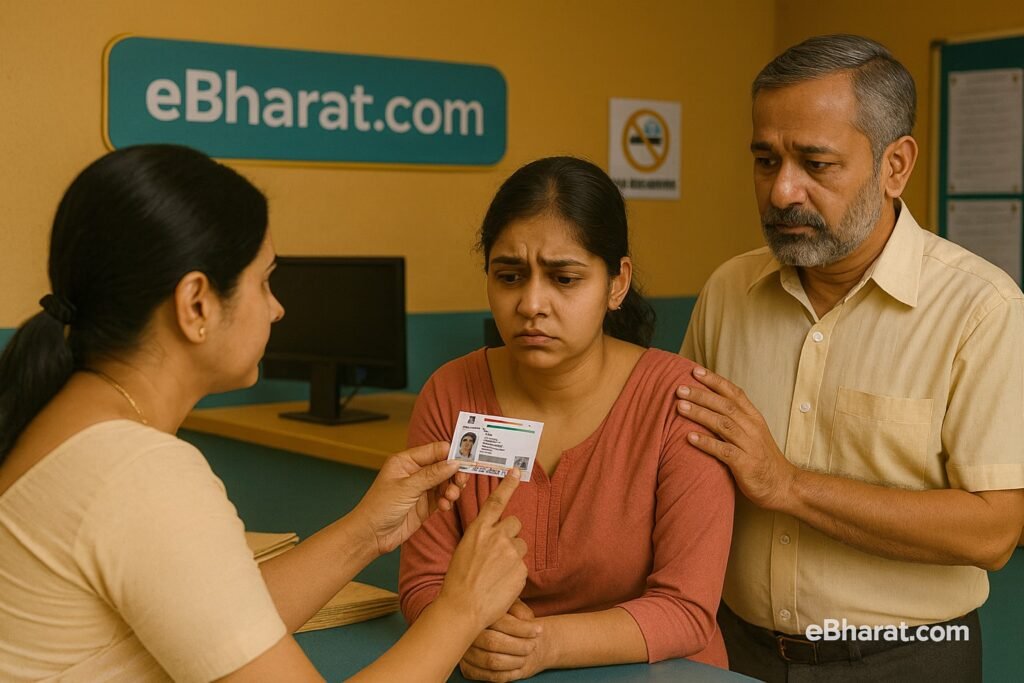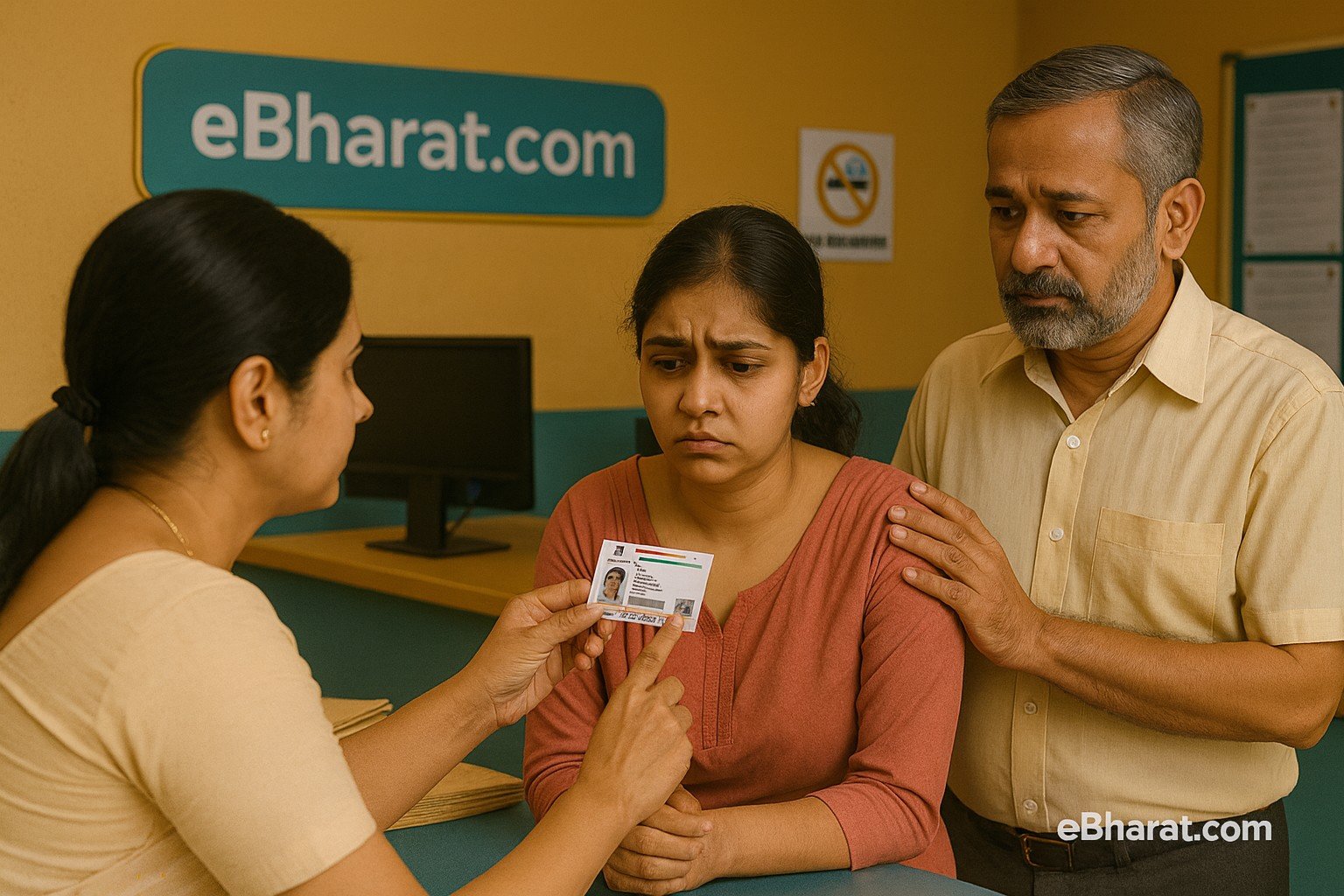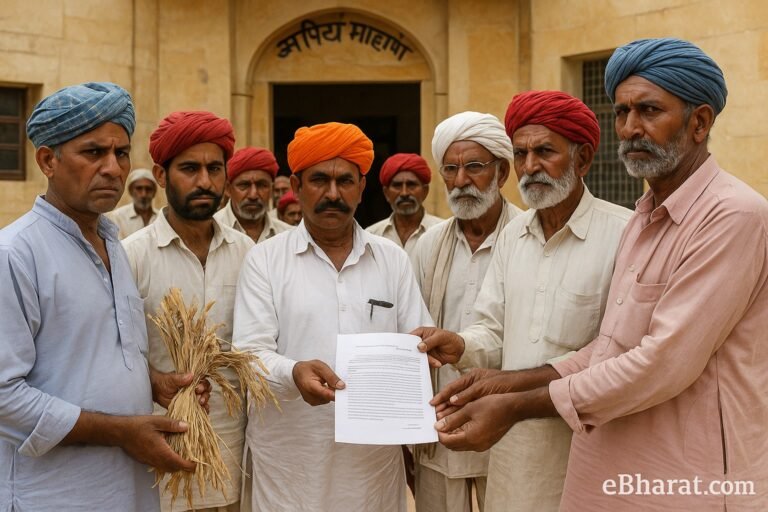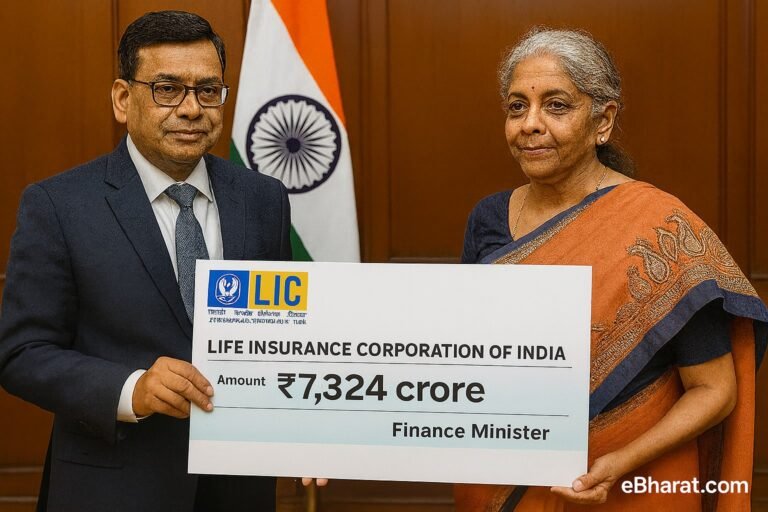
Accessing health insurance is already a challenge for millions of Indians, but for psychiatric patients the barriers are even tougher. Under the Mahatma Jyotiba Phule Jan Arogya Yojana (MJPJAY)—a state health insurance scheme in Maharashtra—patients must submit strict documentation such as Aadhaar cards, discharge photos, and identity proofs to claim benefits.
Recently, the superintendent of Pune Regional Mental Hospital raised concerns that these requirements unfairly burden psychiatric patients, many of whom lack the mental capacity or family support to provide such documents. This could lead to denial of coverage for some of the most vulnerable sections of society.
What is MJPJAY?
MJPJAY is Maharashtra’s flagship government health insurance program, launched to provide cashless treatment up to ₹1.5 lakh per family per year in empanelled hospitals. It covers over 1,000 procedures, ranging from cardiac surgeries to cancer treatment. The scheme is especially critical for low-income families who cannot afford private healthcare.
For psychiatric patients, MJPJAY is one of the few financial lifelines available to access long-term mental health treatment and medicines.
The Problem with Documentation
- Aadhaar requirement: Many psychiatric patients do not have Aadhaar or other valid ID proof because of neglect, abandonment, or social stigma.
- Discharge photos: Hospitals demand patient photographs at the time of discharge. For psychiatric patients, this can be difficult or sometimes impossible due to mental health conditions.
- Risk of exclusion: Without these documents, patients may be denied claims—even when they qualify under the scheme.
The superintendent argues that mental health patients require special provisions, such as relaxed documentation norms or alternate verification methods, to ensure they are not excluded from healthcare benefits.
Why This Matters
- Mental health is a growing crisis: India has nearly 15 crore people suffering from mental health issues, but access to treatment remains low.
- Insurance gap: Most private health insurance policies either exclude or heavily restrict coverage for psychiatric illnesses. MJPJAY was expected to fill this gap.
- Social justice issue: Denying treatment due to paperwork defeats the purpose of a welfare scheme designed for the poor and vulnerable.
The Bigger Picture: Insurance Access for Mental Health in India
This case highlights the broader issue of mental health coverage under insurance in India. Although the Mental Healthcare Act, 2017 made it mandatory for insurers to cover psychiatric illnesses, implementation has been weak. Many patients still face:
- High exclusions and waiting periods.
- Reimbursement delays.
- Lack of cashless treatment options.
Strengthening government schemes like MJPJAY, alongside private insurance reforms, is essential for a healthier and more inclusive India.
Conclusion
The call from Pune’s mental hospital superintendent is a wake-up call for policymakers. Health insurance schemes like MJPJAY must prioritize accessibility over bureaucracy, especially for psychiatric patients who are often the most neglected.
If India is serious about improving mental healthcare, insurance reforms must go hand in hand with social support systems.













